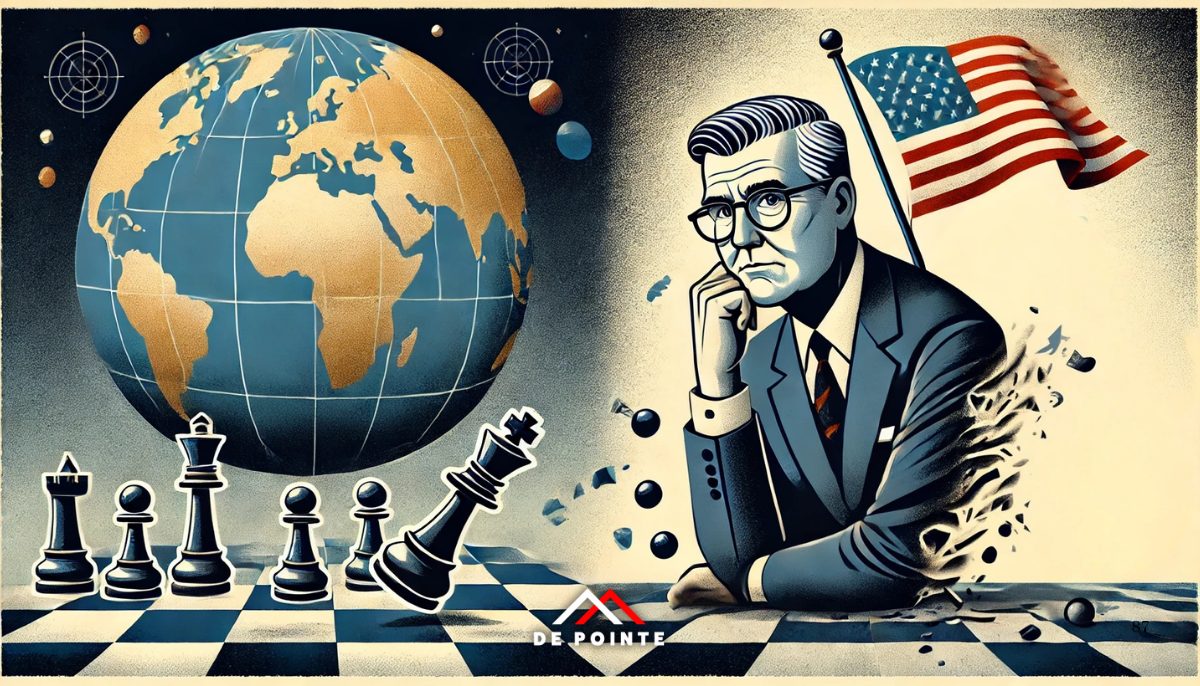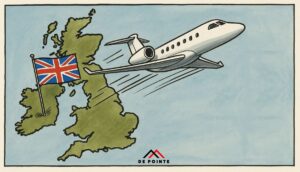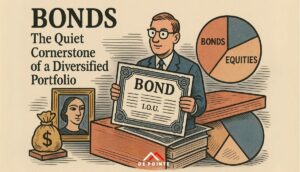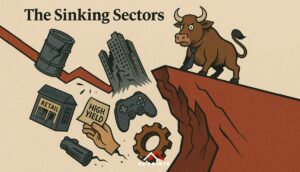Article

Former UK Prime Minister Sir John Major has issued a stark warning: growing US isolationism poses a significant threat to global democracy. His comments come at a time when political uncertainty and economic instability continue to ripple across international markets. Investors, especially those seeking stability, should take note of the potential long-term consequences Major has highlighted.
John Major’s Concerns on US Isolationism
In a recent address, John Major stressed that the retreat of the United States from its role as a global leader could destabilize international democratic norms. He argued that the vacuum left by the US could embolden authoritarian regimes and weaken alliances built over decades. For investors, this signals heightened geopolitical risks that could undermine market confidence and economic growth.
Major’s concerns are not without precedent. The US has historically been a stabilizing force in global politics, ensuring the smooth operation of international trade systems and defending democratic values. Any retreat from this role could lead to power struggles in regions such as Eastern Europe, the Middle East, and Asia. Investors in these markets may face increased uncertainty and potential losses if political tensions escalate.
Geopolitical Instability and Market Reactions
History shows that markets are highly sensitive to geopolitical shifts. When major powers like the US withdraw from global responsibilities, uncertainty tends to spike. Investors often witness increased volatility in stock markets, currency fluctuations, and capital flight from emerging economies. The financial repercussions of isolationist policies can erode wealth and disrupt long-term investment strategies.
Take the Brexit referendum as an example. The uncertainty surrounding the UK’s departure from the European Union led to significant market turbulence, with the pound sterling experiencing sharp declines. Similarly, any perceived weakening of US global influence could trigger comparable reactions, particularly in markets heavily reliant on American trade and security partnerships.
Safe Havens in Times of Uncertainty
When geopolitical tensions rise, investors traditionally seek refuge in alternative assets that are less correlated to traditional markets. Gold, fine art, and other tangible assets tend to perform well in uncertain times. These safe havens offer stability when equities and bonds falter.
- Gold: Known as a crisis asset, gold often appreciates during political uncertainty. Investors turn to gold as a store of value when confidence in paper currencies weakens.
- Art: The Knight Frank Luxury Investment Index consistently ranks art among the top-performing alternative assets, with returns outpacing many traditional investments. High-value artworks often retain their value or even appreciate during economic downturns, making them a preferred choice for wealth preservation.
- Other Tangible Assets: Collectibles, classic cars, and even rare wines have historically provided investors with resilient returns when traditional markets face disruption.
Lessons for Investors
John Major’s warning is not merely a political observation—it is a call to action for investors. As the global order shifts, portfolio diversification becomes more critical. Allocating a portion of wealth to alternative assets can provide a buffer against market volatility driven by political uncertainty.
Diversification should extend beyond geographic regions to include asset classes. Relying solely on equities and bonds leaves portfolios vulnerable to the type of systemic shocks that geopolitical instability can bring. Alternative assets offer a hedge, reducing overall risk while preserving growth potential.
De Pointe Research’s Perspective
At De Pointe Research, we emphasize the importance of safeguarding portfolios against geopolitical shocks. We encourage investors to consider increasing their exposure to gold, art, and other alternative investments. These assets have demonstrated resilience during periods of global uncertainty, offering both security and potential for growth.
Our research into alternative investments has shown that portfolios with a balanced allocation to tangible assets often outperform those limited to traditional securities during times of political and economic turbulence. Investors seeking to protect their wealth should explore these opportunities as part of a long-term strategy.
John Major’s concerns about US isolationism serve as a timely reminder: political shifts can have profound economic implications. Investors must remain vigilant, diversify portfolios, and stay informed. As the world navigates an uncertain future, alternative investments may prove to be the anchor that secures long-term wealth.
For more insights on protecting your investments during global uncertainty, contact De Pointe Research today. Our experts are available to help you navigate the complexities of geopolitical risk and ensure your portfolio remains resilient in any environment.
By staying informed and proactively adapting to global developments, investors can turn uncertainty into opportunity. John Major’s message is clear: the future of global democracy and market stability are increasingly intertwined. Those who prepare accordingly will be best positioned to thrive in the years ahead.





